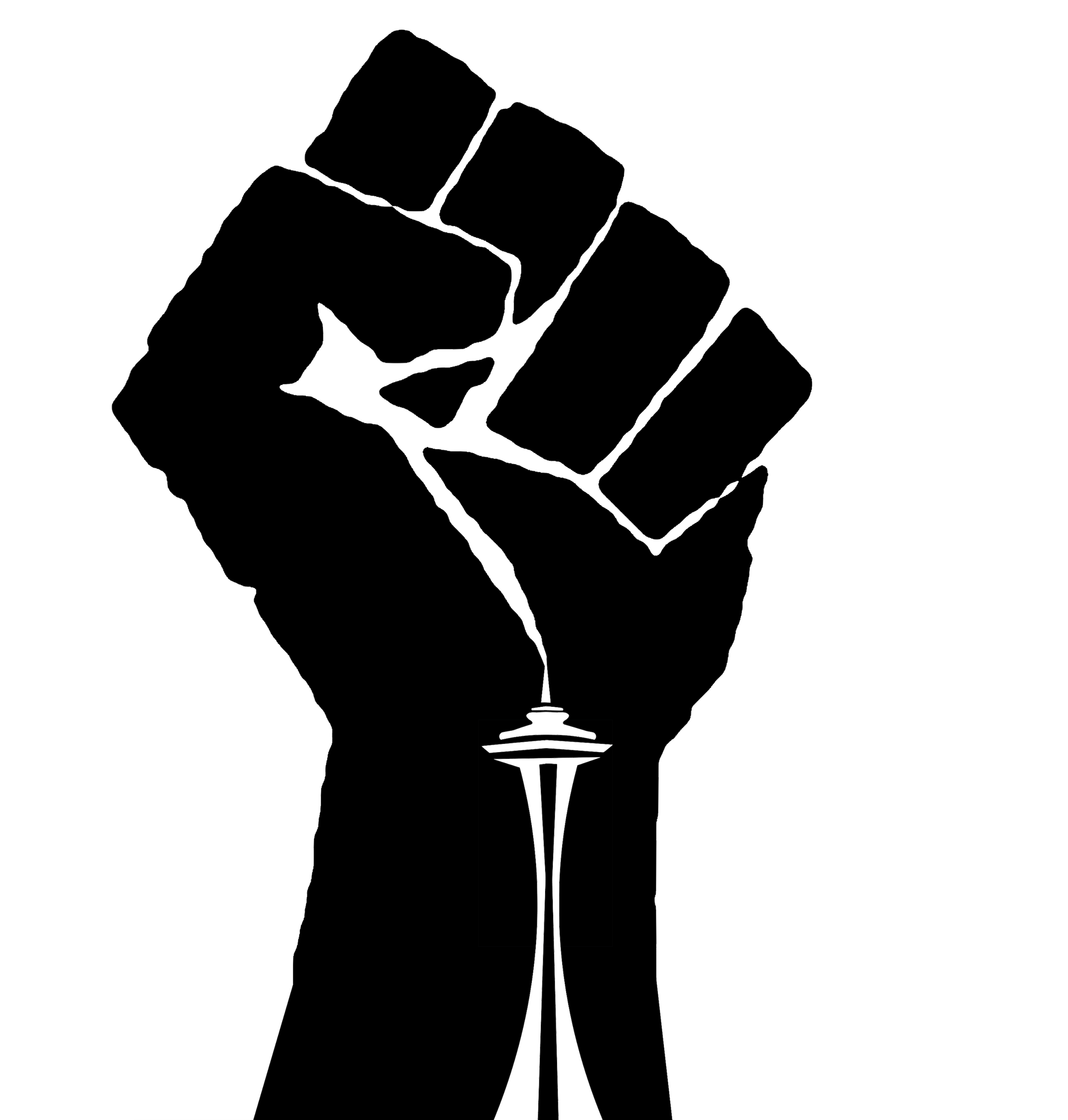Our schools are inequitable. That much I knew coming in. Students of color are disciplined more frequently and harshly than white students, even for the same basic behaviors. The are typically viewed and treated differently based on their teachers’ implicit biases. These and other factors combine to produce opportunity gaps along racial and socioeconomic lines.
In other words, students of color and low-income students have access to fewer, different and inequitable opportunities than their more affluent white peers. This creates what is often referred to as “achievement gaps,” which refers to the discrepancy in academic outcomes based on these same factors of race, gender identity and family income.
But the more I wrote, the more I found I had to learn, and as I learned about the theories and realities that have created our current inequities, I also started to live first-hand the experience of inequity in education. I experienced the failures of our public school system at Emerson Elementary School, the neighborhood public school where we send our son, and I realized — vividly, painfully — that every year we fail to close the gap or to improve a struggling school represents at best a year lost for thousands of kids and families in Seattle. At worst, it represents a year of continued trauma.
I tried to figure out what to do. I began to surprise myself by wondering, at what point is it irresponsible to send my biracial son through these doors every day?
Read More










